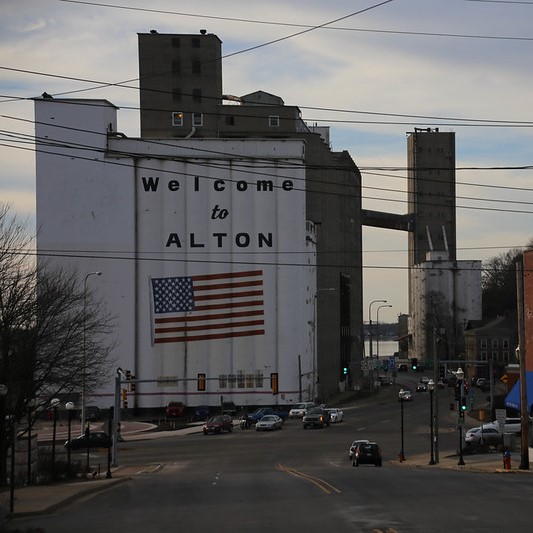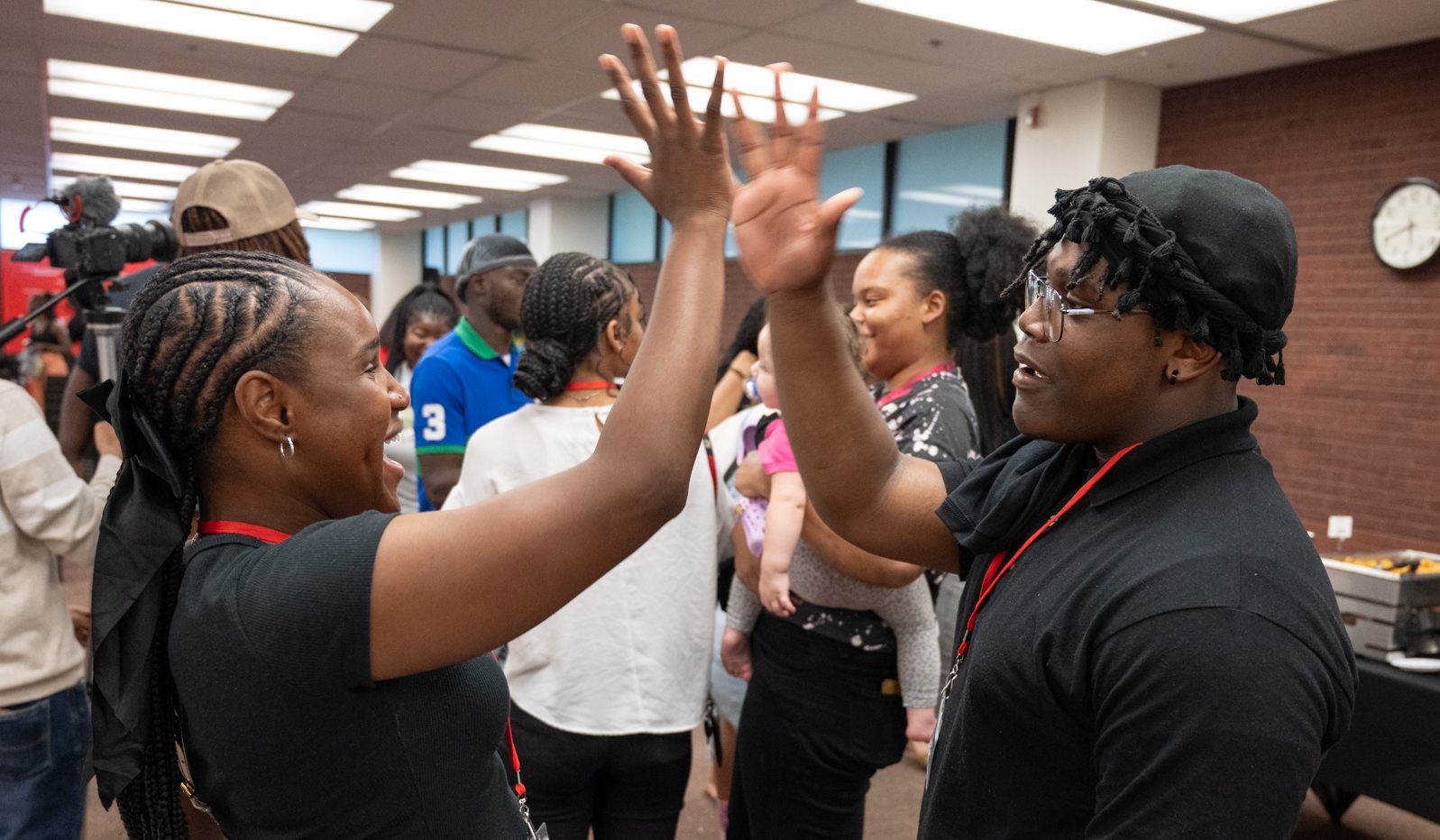Alton, IL: Resiliency and Spatial Justice in the Face of Climate Change
As a Mississippi River town, Alton has a storied past. After the Missouri Compromise, Alton was a key stop for the Underground Railroad and a hub of activity for abolitionists and those escaping from slavery. The city was also the site of racial segregation throughout the twentieth century. Redlining meant that black communities were relegated to parts of the city at the mercy of the river’s frequent flooding. Extreme flooding again hit Alton in spring 2019 leading to concerns about racial justice in the context of climate change. Working in their research teams, Scholars consider water quality, flood management, housing practices, and segregation in the context of history, literature, geography, and environmental science.

Teams work to define what spatial justice should look like in this region, a concept that Edward Soja explains as “fundamentally, almost inescapably, a struggle over geography.” Spatial justice is “the fair and equitable distribution in space of socially valued resources and opportunities to use them” (2009). Contributing to the work of spatial justice, our community-engaged approach can foster online environments in which project participants consider their subject position in relationship to power and privilege as it operates in everyday interactions as well as in broader global contexts.
Teams are working with the YWCA of Southwest Illinois, focusing on racial equity in relationship to mental health and violence prevention; with the National Great Rivers Research and Education Center on science education and misinformation; and with the National Council of Negro Women (NCNW) on equity in education.

